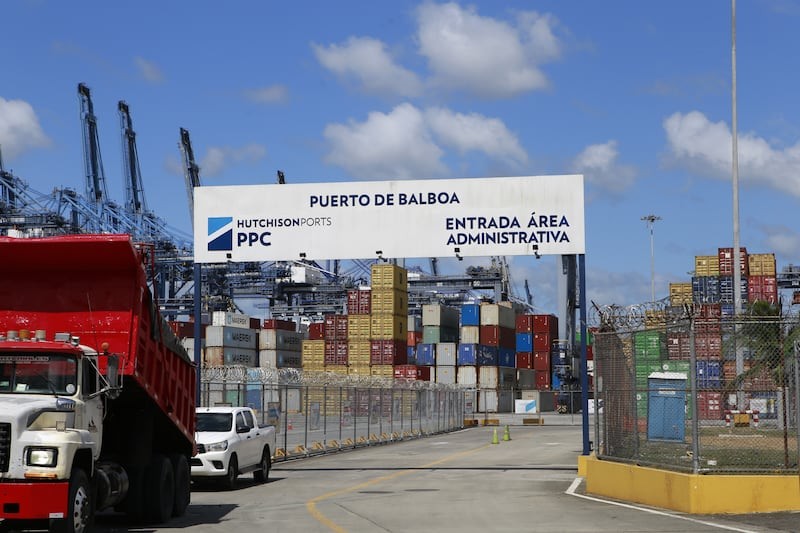Panama gets failing grade in world IQ report

Panama ranked 124 out of 199 in a recent report on average intelligence quotients (IQs) published by the World Population Review
The index is calculated with data from the results of the public education system and the rate of child malnutrition.
The country with the highest score is Japan, with 106.48 points; in second place is Taiwan (with 106.47 points), and then Singapore, which ranks third (105.89 points). The Latin American country with the highest score is Costa Rica, which occupies position 67, with 88.34 rating points Panama has 79.
The psychologist Carlos Leiro considers that IQ is an appropriate indicator to evaluate the educational systems.
“One of the two components of intelligence, crystallized intelligence [as opposed to fluid intelligence], is directly related to the experiences to which children, adolescents, and adults are exposed. One of the places where crystallized intelligence should be nurtured is the school. So, the IQ is a clear indicator of where a society sets its sights, interests and resources”, Leiro opined.
In contrast, neurosurgeon Francisco Sánchez Cárdenas does not believe that this “is the appropriate indicator to measure the performance of the educational system. Rather it should be to measure social inequality and social abuse of children”.
An intermediate position comes from the educator Nivia Rossana Castrellón, who maintains that “IQ is one of the indicators that could reflect, more than the educational system itself, if the countries have environments that promote learning for all, that is, if they are educational countries”.
A contradiction
The low result obtained by Panama in this evaluation is a contradiction to the fact that the country has the highest per capita income in Latin America.
“Per capita income is an indicator that does not express the social reality of a country. Inequality impacts the nutrition of children at a crucial stage of brain development,” explained Sánchez Cárdenas.
The teacher Castrellón says: “It is a combination of factors such as insufficient care during pregnancy and from early childhood; 33% of multidimensional poor children; malnutrition; lack of equitable access to early care and quality education from early childhood”.
Panama’s shame
The psychologist Leiro emphasizes “these data from Panama are a shame for all of us. But in addition, they are a great danger in the wars of the knowledge economy that take place in all countries, because only what you pay attention to grows and, as a society, even though both in the public sector and in the private sector and NGOs there have been attempts to unite an interest in the future of education, no ruler in the last 45 years has been able to remove clientelism and the political agenda from the educational issue.
The possible most pressing public policy responses to address this challenge of Panamanian human capital must be developed, according to Castrellón, “with a comprehensive, coordinated and inter-institutional approach, preventive and compensatory policies from pregnancy, with personalized attention focused on vulnerable children in the first thousand days of life; from zero years, early intervention and offer of quality education to ensure appropriate neural development; supervision of food, nutrition and access to health services from the school”.
Leiro says “Specialists in public health and education seem to agree that, in order to overcome a problem as deep-rooted as child malnutrition, it is necessary to develop first, second and third level interventions that must be articulated in an orderly manner. As with education, it must be recognized that the public health model is far from the desire to which all Panamanians aspire.”
Sánchez Cárdenas considers that there is a deep cause that must be addressed, since “the only effective measure is not only infant feeding programs, of which we have had many, but are not sustainable. It is with comprehensive social development” that an effective solution could be found.





